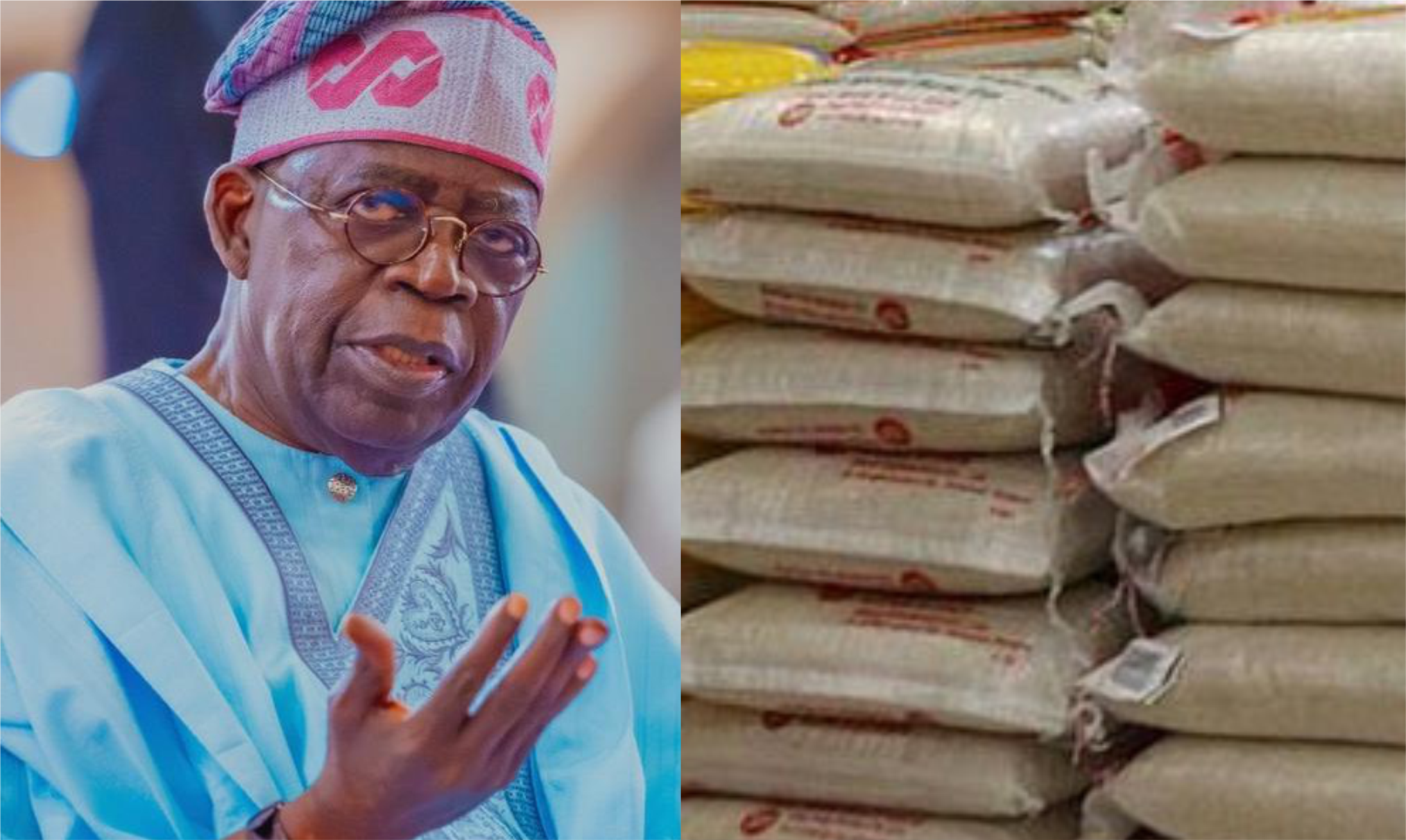News
‘Rice Is No Longer a Luxury, Tinubu Policies Has Made It Cheaper for Nigerians’ – Presidency
The Presidency says rice is no longer a luxury in Nigeria, thanks to food security reforms under President Bola Tinubu.

The Presidency says rice is no longer a luxury in Nigeria, thanks to food security reforms under President Bola Tinubu.
Daniel Bwala, Special Adviser to the President on Media and Publicity, says rice is no longer a luxury item for Nigerians, thanks to the Tinubu administration’s food security policies which have made the staple more accessible and affordable.
Speaking during an interview with DW Africa on Friday, Bwala highlighted what he described as “tangible and verifiable progress” in food access and healthcare delivery over the past year.
“In the past few months, Nigerians have seen improvements in food access, particularly rice, across the board. The Tinubu administration took bold steps that disrupted price manipulation by grain cartels. Today, rice is available and affordable to Nigerians at all levels,” he said.

Bwala attributed the drop in prices to a presidential executive order signed in August 2024, which suspended import duties on food staples for six months. He said this enabled large-scale imports by the private sector and helped break monopolies that had previously inflated food prices.
DON’T MISS: EFCC Uncovers 12,000 Youths ‘Selling’ BVNs, NINs to Fintechs for N5,000
According to him, a 50kg bag of rice that once sold for over ₦100,000 now goes for between ₦60,000 and ₦65,000 in major cities — with even lower rates recorded in federal allocations.
“In addition to private sector initiatives, the federal government also distributed over 700 truckloads of rice to all 36 states and the FCT, aimed at cushioning the effects of food inflation and addressing hunger across the country,” he added.

While acknowledging concerns from stakeholders about the sustainability of the programme and its impact on local farmers, Bwala stressed that long-term reforms are underway to support domestic food production and stabilise market prices.
“The policies are already yielding results and more structural reforms are underway to consolidate the gains,” he noted.
























You must be logged in to post a comment Login